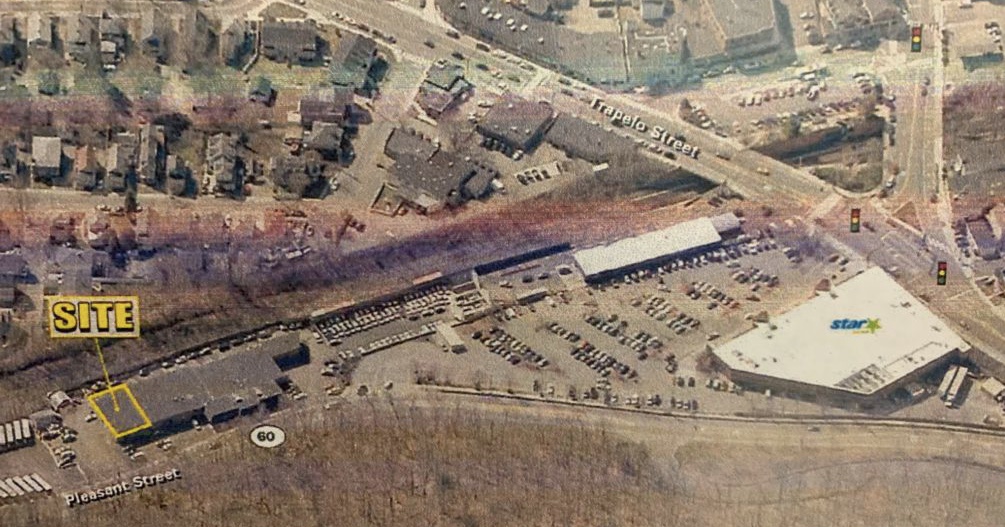Photo: A Mint dispensary in Tempe, Arizona
Belmont has established its team to broker a deal with a pair of firms seeking to open retail marijuana establishments on Pleasant Street.
The Select Board voted on Monday, May 18 to have Town Administrator Patrice Garvin, Office of Community Development Director Glenn Clancy and Board member Adam Dash to negotiate the Host Community Agreement with the owners of Mint Retail Facilities LLC and Cal Verde Naturals.
Meant to mitigate the local impacts of the businesses such as increased traffic, host agreements are limited to five years from the day the dispensaries open their doors, and the fees paid to the town cannot exceed three percent of the businesses gross sales.
Late last year, the state legislature passed a law prohibiting communities from gouging pot shops with added fees and “contributions” above the three percent threshold. In 2019, Falls River Mayor Jasiel Correia was arrested for extorting hundreds of thousands of dollars from businesses by accepting bribes in exchange for license approval.
The host agreement is one of two requirements – the other is for the applicants to hold public outreach meetings in the community – the businesses must have before they can apply for a license from the state’s Cannabis Control Commission, according to Blake Mensing, who is an owner of a dispensary.
In addition to the host agreement negotiations and the applicant’s public meeting, residents will have a third opportunity to speak out concerning the businesses when they go before the Planning Board.
Arizona-based Mint, which has three other applications in the state, is seeking to rehab the Lenny’s Service Center site at 768 Pleasant St. into a “world class adult-use“ retail operation.
Winchester couple Kelly and Stephen Tomasello have leased 3,600 sq.-ft. of commercial space at 1010 Pleasant St. where they hope to open Cal Verde Naturals, which will include a 2,100 square foot dispensary.

